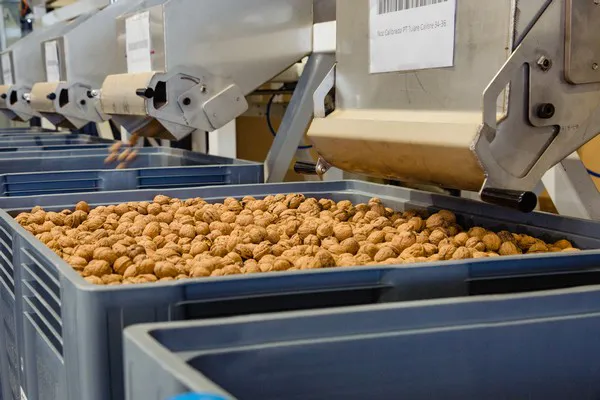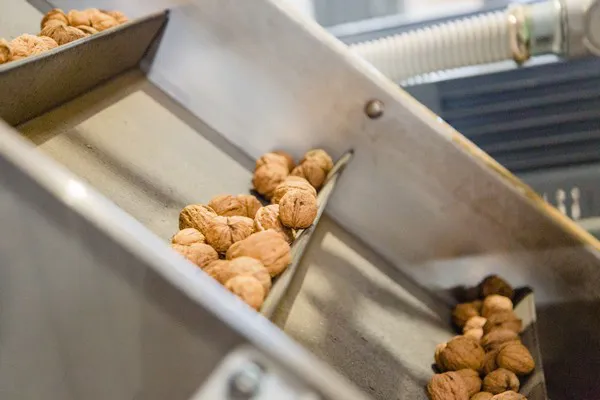As the end of the Portuguese walnut season is coming up, demand is slowing down, says Sebastião Lorena, head of sales and marketing at Portuguese walnut exporter Nogam: “The walnut season has progressed as expected, with the lowering of demand and movement in expectation for the new crop. The season is coming to an end now, the consumption is slowing down and the prices are also decreasing. The sales to the domestic market are expected to continue until Easter, but with a significant reduction in the markets’ dynamic.”

Entering new markets and strengthening their presence has been important this year, and Lorena hopes they’ll be able to build off of what they’ve accomplished this year, he explains. “In 2023 we’ve strengthened the relationship with the markets opened in the last few months of 2022. With the increase of production it’s important to search for new possibilities and typologies for our product, since each country values the same product differently. This is an effort we would like to continue in preparation for next year’s harvest.”

The United States put a lot of pressure on the walnut prices this year, due to large volumes and lower quality. And now with Chile entering the market with a new crop, prices for the old crop of Portugal is dropping, Lorena states: “The price pressure made by the US due to the lack of quality and a surplus in stock led the prices of the market down. The interference of the US government in buying the product surplus helped stabilize the amount of stock available and prices. Despite all the efforts made the prices are still very low. With the Chilean campaign entering the market, the prices for the “old” crop and the demand for our products are expected to drop.”

For more information:
Sebastião Lorena
Nogam
Tel: +351 266 096 401
Mobile: +351 917 335 453
Email: Sebastiao.lorena@nogam.pt
www.nogam.pt
